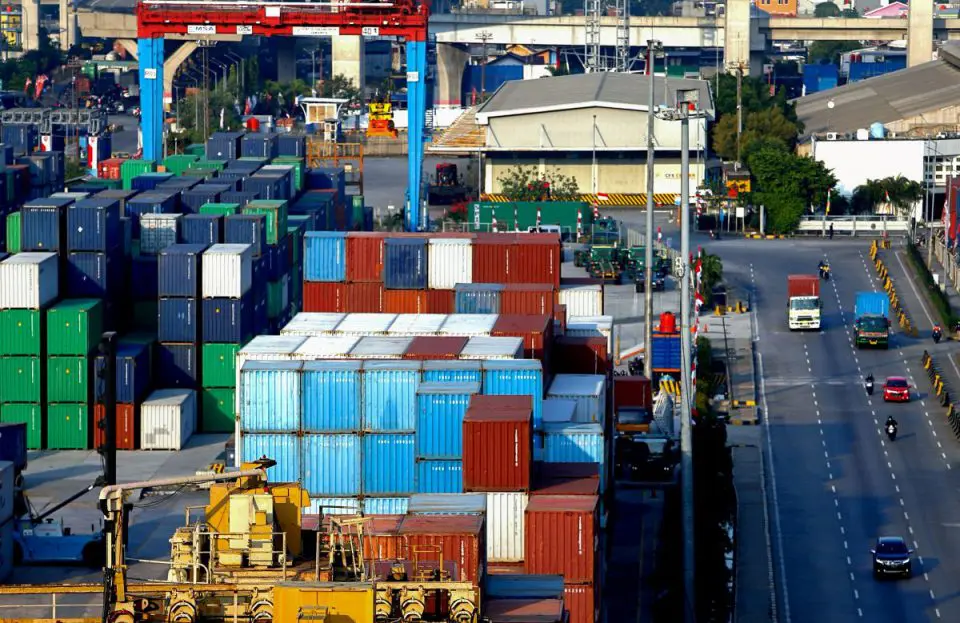KUALA LUMPUR, Aug 19 — Moody’s Analytics is expecting the global real gross domestic product (GDP) to rebound 5.7 per cent in 2021, following the historic 3.6 per cent contraction in 2020.
It said the relatively strong outlook is based on the passage of the new fiscal stimulus in the United States (US), a firming revival in Europe, and material improvement in the global vaccination momentum.
“However, global recovery will continue to be uneven across regions and the dual-track recovery will persist until the new resurgences are brought under control and the global vaccine distribution is scaled up,” Moody’s Analytics said in its ‘Global Outlook: Resurgence Risks to Recovery’ report released today.
It said the US is expected to lead the gains with a strong 6.4 per cent rebound in 2021, followed by Asia with a 6.1 per cent expansion, anchored by China’s stabilising growth and India’s turnaround in the post-restrictions phase.
Conversely, African economies are likely to see slower growth at 4.3 per cent, following the record three per cent decline in 2020.
The research firm also noted that the ongoing lockdowns worldwide underscore the fragility of recovery and the varied challenges in getting economies on a sustained recovery path.
“In severely impacted countries, such as Malaysia and the Philippines, restrictions have lacked effectiveness in containing outbreaks, thereby mandating an extension of inhibiting curbs.
“While others such as Indonesia have adopted a less conservative approach, there is a real risk that the economic costs of relaxing restrictions too soon may significantly outweigh the short-term gains from reopenings,” it said.
Moody’s Analytics also opined that geopolitical risks would assume an important role in the post-Covid-19 recovery phase.
“Not only will the prolonged US-China tensions shape investor preferences, but also evolving geopolitical dynamics among the large economies in the Asia-Pacific region could have significant ramifications on global trade and investment.
“This is against the tense backdrop of technology and security-driven disputes and the larger rhetoric of diversifying supply-chain dependencies away from China,” it said.
— Bernama





